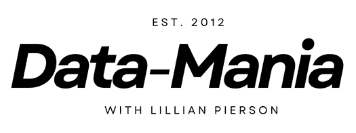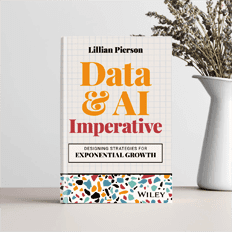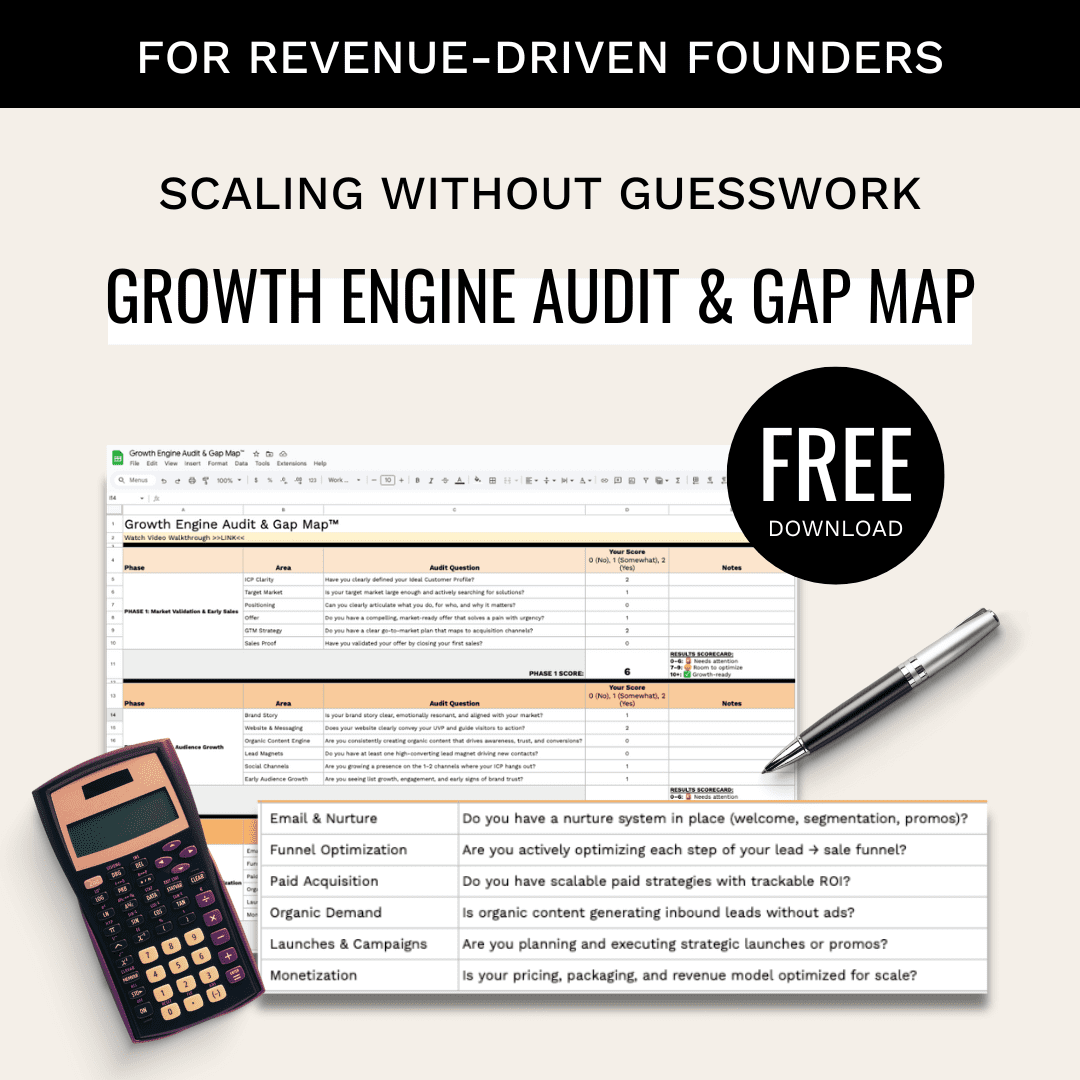What is a Data Analyst?
Data analysts take data and turn it into insights that help organizations make precise and accurate business decisions. Data analysis techniques vary, depending on disciplines, but often include using skills such as programming, statistics, and mathematics. Once analysts turn raw data into conclusions, they present insights in simple, usually visualized ways, which describe, predict, and improve business performance. Data analysts are key roles of analytics teams.
The career path you take as a data analyst depends in large part on your employer (that is, if you decide you prefer employment to starting your own data-intensive business). Data analysts work on Wall Street at big investment banks, hedge funds, and private equity firms. They also work in the healthcare industry, marketing, and retail.
In this article, you will learn:
- Key Responsibilities of a Data Analyst
- 12 Data Analyst Career Paths
- Data Analyst – Skills You Need to Get a Job
- Employer Requirements for Data Analysts
Key Responsibilities of a Data Analyst
Data analysts work with data sets, and are responsible for:
- Data collection
- Preparation of data for analysis (sampling, cleaning, sorting)
- Searching for patterns
- Data visualization to quickly understand current results and future trends
- Formulating hypotheses to improve specific business metrics
All these tasks are necessary to achieve the main goal of the data analyst—extracting information valuable to the business from the data sets, to help management make optimal decisions.
In some companies, the data analyst is also responsible for modeling data, or in other words, developing and testing machine learning workflows. However, in most cases, machine learning is handled by a separate role, the data scientist. In larger organizations with a more fine grained division of labor, there may be additional specialists dealing only with machine learning models.
12 Career Paths for Data Analysts
The following list presents different roles and incarnations data analysts may perform during their career:
- Business Analyst—general analysis of business data.
- Management reporting—providing data reports to specific business functions or management.
- Corporate strategy analyst—analyzing company-wide data and providing management advice on strategic alignment. This role can also focus on mergers and acquisitions.
- Compensation and benefits analyst—typically part of an HR department, responsible for analyzing payroll and benefits data.
- Budget analyst—an expert in analyzing specific budgets and providing relevant reports.
- Sales analytics—focuses on sales data, generating insights for the purpose of supporting, improving and optimizing the sales process.
- Web analytics—analyzes traffic and engagement data for specific pages, important website sections, or an entire website.
- Fraud analytics—tracking data to identify and analyze fraud.
- Credit analytics—performs credit assessment, credit monitoring, credit risk, approvals and credit analysis.
- Business product analyst—focuses on analyzing product features and characteristics and provides recommendations for optimal packages and pricing.
- Social media data analyst—create datasets that can be used to create, track, and develop technologies and products used on social media platforms.
- Machine learning analyst—works with technology that can make cognitive decisions, preparing datasets, optimizing models and analyzing results.
Data Analyst – Skills You Need to Get a Job
The following are common skills you will need to work in most data analyst roles.
Data Cleaning and Preparation
Research shows that about 80% of work done by data analysts involves data cleanup and preparation. This is an essential skill for anyone who is serious about data.
Data analysts typically need to collect data from one or more data archives and prepare it for numerical and qualitative analysis. Data cleansing involves working with missing or inconsistent data that can affect subsequent analysis.
Data Analysis and Exploration
While it might seem that data analysis is the only thing data analysts do, in fact it is a specialized skill that must be mastered. Data analytics involves transforming a business problem or requirement into a data problem. Then, the analyst must change and analyze your data to derive an answer to the question. Another form of data analysis is more exploratory in nature. Data mining allows analysts to identify interesting trends and relationships between data points that can add value to the business.
Statistical Knowledge
Probability and statistics skills are important for data scientists. This knowledge is useful for analysis and research and helps analysis understand the data they are working on. Statistical knowledge can help determine the effectiveness of an analysis, and prevent common mistakes that can make the analysis invalid. The level of statistical knowledge required will depend on the role and the specific requirements of the data used. For example, if a company relies on probability-based data analysis, analysts will need a deeper understanding of these areas.
Creating Dashboards and/or Reports
A key role of data analysts is to educate others in the business and help them make important decisions. They commonly create dashboards and reports, removing technical barriers that prevent others from seeing the data. This can be done in simple charts and tables, or if necessary, in large dashboards with hundreds of automatically updated, interactive data points.
Employer Requirements for Data Analysts
Below we summarize the typical requirements for a data analyst job, in terms of academic training and real-life work experience.
Academic Studies
Most data analyst (business analyst) positions require at least a Bachelor’s degree in a business-related field (management, accounting, finance, etc.) Many employers accept training in information systems or Science, Technology, Engineering, and Mathematics (STEM). However, a bachelor’s degree alone may not be enough to get you a job. You must also demonstrate specific skills to show that you differ from other applicants. It can be a Master’s degree in a relevant field. For example, there are Master’s degrees available in Business Analytics.
Work Experience
Gaining work experience while you are studying for a degree is a good idea. This means getting a part-time job or internship at your company, or working for a charity or non-profit organization. Another option is to enroll in a course that includes a real-life project with a company. Here are examples of some activities that can provide valuable work experience for a data analyst:
- Analyze business data to determine how to reduce costs
- Evaluate computer systems and identify problems and improvements.
- Evaluate a current business situation, and use data to prepare a strategic plan
Conclusion
A data analyst is entrusted with turning data into a wide range of insights, depending on the type of analysis. A business analyst, for example, looks for competitive advantages and opportunities, while a fraud analyst tries to identify fraud occurrences. There are many ways to get into a data analyst career path, such as academic studies and climbing through the ranks. However, there are certain skills that are a must, including data cleaning and preparation, data analysis and exploration, statistical knowledge, and generating reports and visualizations.
More free resources that'll help...

Get The Badass's Guide To Breaking Into Data
I was working a 9-to-5 as a data analytics developer back in 2012 when I started Data-Mania. With that transition, the seed was planted to write an ebook that helps other people break into the field that'd been so generous to me. You can’t keep something like this to yourself, right? 😉 Today we’ve published this free ebook, and it's helped thousands of people just like you make the transition....








